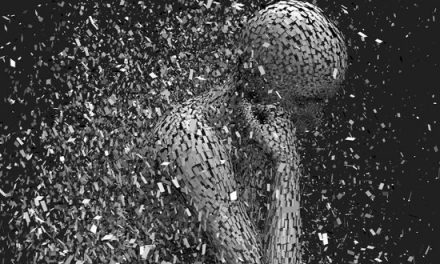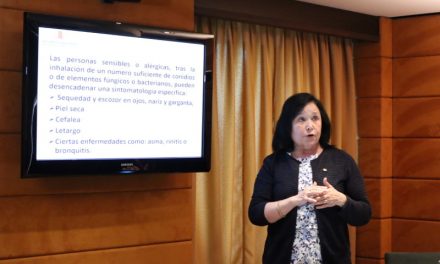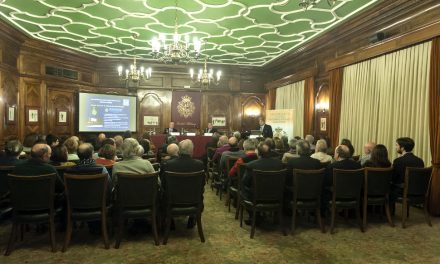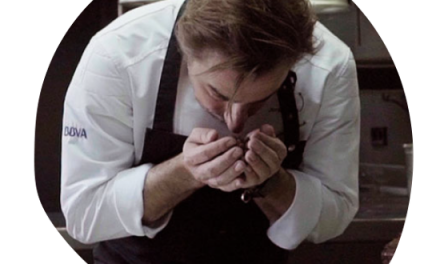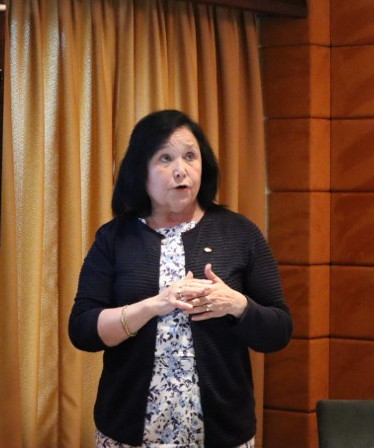
Dra. Maria Àngels Calvo
Maria Àngels Calvo, full academician and member of the Governing Board of the Royal European Academy of Doctors-Barcelona 1914 (RAED), delivered on 6 November at the Royal Academy of Medicine of Catalonia the speech of tribute to the late Antonio Concellón, academician of this institution, during an emotional session of consolation. The honoree was also academician emeritus of the RAED, supernumerary of the Royal Academy of Veterinary Sciences of Spain and full academician of the Academy of Veterinary Sciences of Catalonia. Calvo, likewise, delivered on November 16 at the same Royal Academy of Medicine the speech of response to the reception as academician of Tomàs Pumarola.
The academician began her first speech by recalling that Antonio Concellón was born in 1923 in La Puebla de Híjar, a small town in the province of Teruel, and died in Barcelona shortly before turning 95 on February 6 of this year. Doctor in Veterinary Medicine with an interesting work on the need for intensive swine exploitation, based on his experiences at La Cabanya Farm in Sant Esteve de l’Ordal (Barcelona), the honoree always combined his professional life with his academic vocation.
In this sense, Calvo highlighted his active and disinterested participation in the teaching of some subjects of the Faculty of Veterinary Medicine of the Autonomous University of Barcelona, when in the first courses of its existence it was difficult to have full-time professors. With his contribution he collaborated to the full establishment of the faculty in the decade of the 80 of the last century and to the formation of the first promotions of students.
Regarding Pumarola’s income, the academician highlighted how his scientific work deals in depth with certain aspects of clinical microbiology that he has been concerned for some time. That is why he chose for his research as a starting point and at the same time as a particular family tribute the centenary of the flu pandemic of 1918, a subject already developed by his father in his admission as a full academician in 1971.
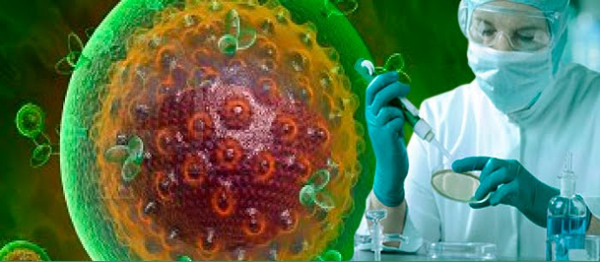 Calvó said that Pumarola accurately describes the content of his father’s speech and marks the parallelism with current knowledge, indicating that we still have a long way to go and that “nowadays being informed, it’s no longer equivalent to knowing what is happening”, “There is no doubt that, as indicated by the recipient, the automation of clinical microbiology is constituting an organizing element of the first order, but we fully agree with him when affirming that it has not led to a significant change in the work of interpretation”, said the academician in her response speech.
Calvó said that Pumarola accurately describes the content of his father’s speech and marks the parallelism with current knowledge, indicating that we still have a long way to go and that “nowadays being informed, it’s no longer equivalent to knowing what is happening”, “There is no doubt that, as indicated by the recipient, the automation of clinical microbiology is constituting an organizing element of the first order, but we fully agree with him when affirming that it has not led to a significant change in the work of interpretation”, said the academician in her response speech.
“We must train future specialists in clinical microbiology so that they have a complete knowledge of the infectious agents and the pathology they can cause, that allow them to be competent to make accurate and rapid diagnoses, as well as to make an adequate surveillance in the community of the most common microorganisms as well as emerging ones”, Calvo said.

